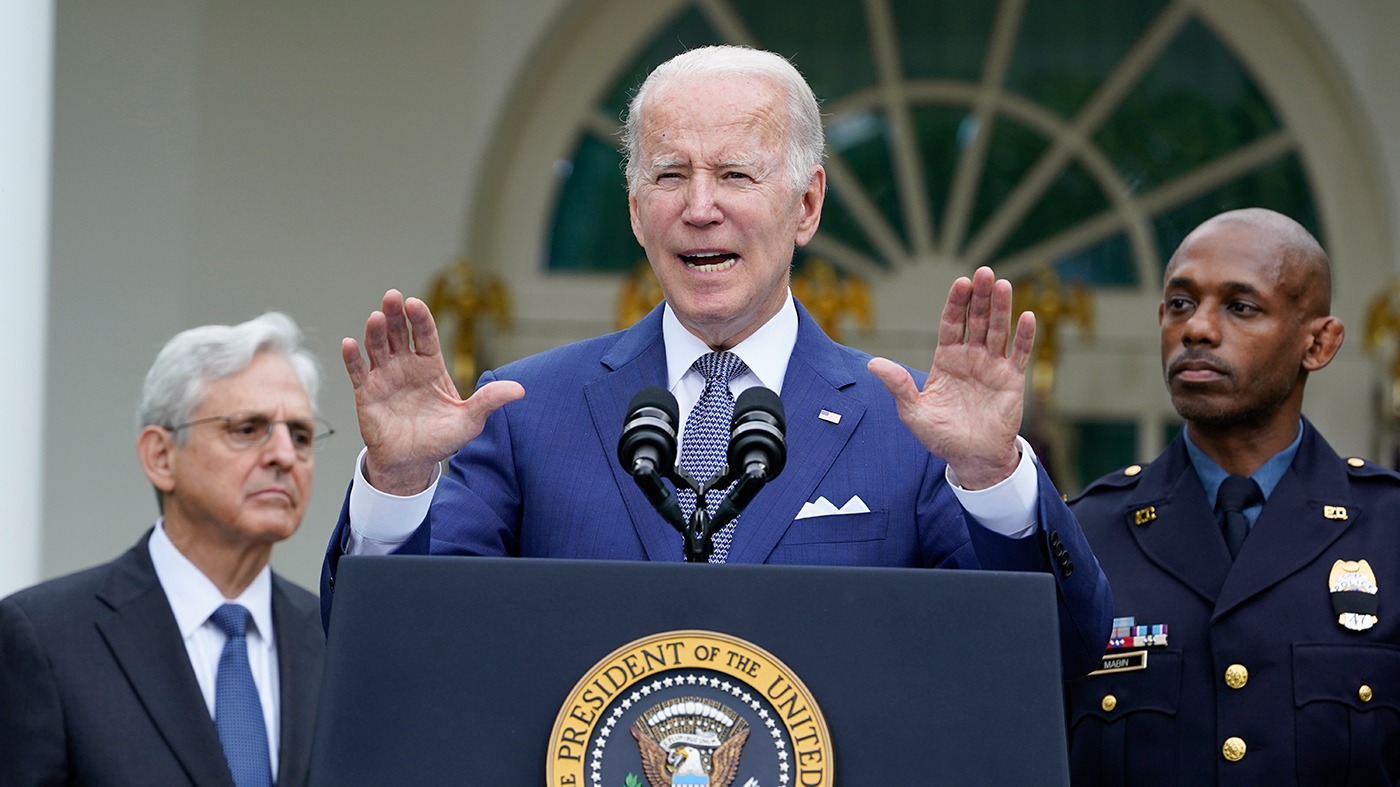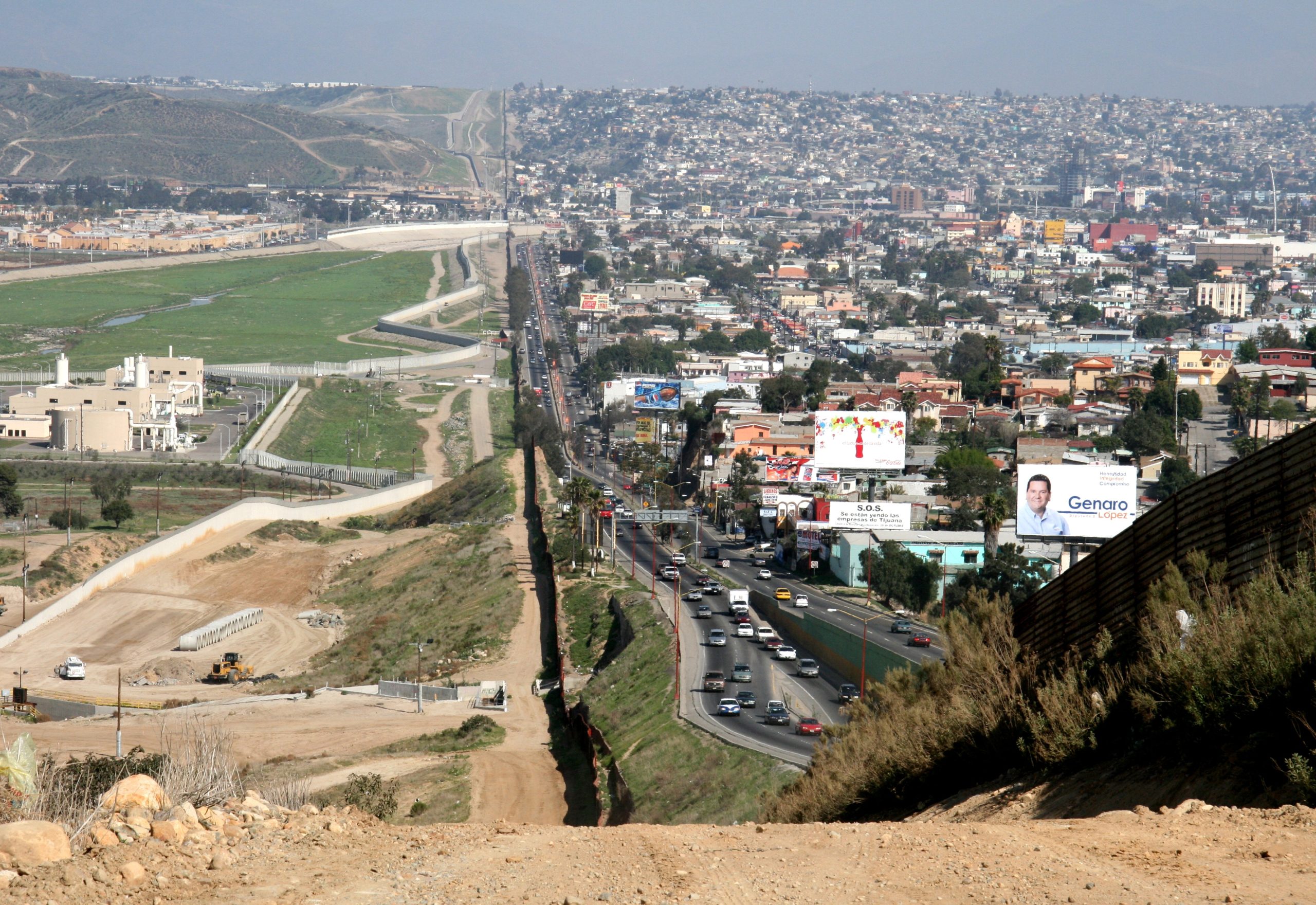Nestled just 500 feet from the US-Mexico border for nearly eight decades, La Cinderella has been a beacon of commerce and cultural exchange in a region where the two nations blend seamlessly.
Its vibrant presence, marked by pink walls and sparkling merchandise, symbolizes more than just a retail establishment; it represents the enduring relationship between Nogales, Arizona, and Sonora, Mexico communities.
Evan Kory, the current owner and grandson of founder Evelia Kory, cherishes the generational customer relationships fostered by his family’s business, which sells everything from bridal gowns to everyday wear.

In Arizona, immigration politics clash with reality on the border (Credits: NPR)
The fluctuating dynamics of border politics have directly impacted Kory’s business and the broader community, from the relative ease of cross-border movement pre-9/11 to the profound challenges introduced by the COVID-19 pandemic and policy shifts under the Biden administration.
The potential closure of ports, like the Lukeville Port in Arizona, and erratic wait times at the border have introduced new obstacles for residents and businesses alike, emphasizing the intricacies of binational living and the economic interdependence of border towns.
Immigration, a pivotal theme in the narratives of both President Biden and former President Donald Trump, remains a divisive topic as Arizona finds itself at the heart of the nation’s political battleground.

Biden administration (Credits: The Hill)
The state’s voters, who played crucial roles in the 2016 and 2020 elections, are caught in the crossfire of promises and policies that often overlook the nuanced realities faced by border communities. Despite political maneuvers and rhetoric, the pressing need for comprehensive immigration solutions and support for asylum seekers become entangled in election strategies, leaving local leaders and residents yearning for actionable change.
The Long-Term Viability of these Endeavors Remains Uncertain
Community leaders and organizations like Casa Alitas in Tucson have stepped up to address the immediate needs of migrants and asylum seekers, transforming spaces into shelters and providing essential services with the help of FEMA funds.
However, the sustainability of these efforts remains uncertain, with funding precariously hanging in the balance and local governments hesitant to deplete municipal resources on what is fundamentally a federal issue.
As political discourse continues to polarize, businesses like La Cinderella and humanitarian organizations like Casa Alitas remind us of the human stakes in immigration policy and border management.
These stories of resilience, compassion, and community highlight the ongoing challenges and hopes of those living at the frontier of two worlds, advocating for solutions that honor the spirit of collaboration and the imperative of national security.
Regardless of the election’s outcome, the imperative remains to foster communities that thrive on mutual respect, understanding, and support, transcending political divisions for the collective good.























